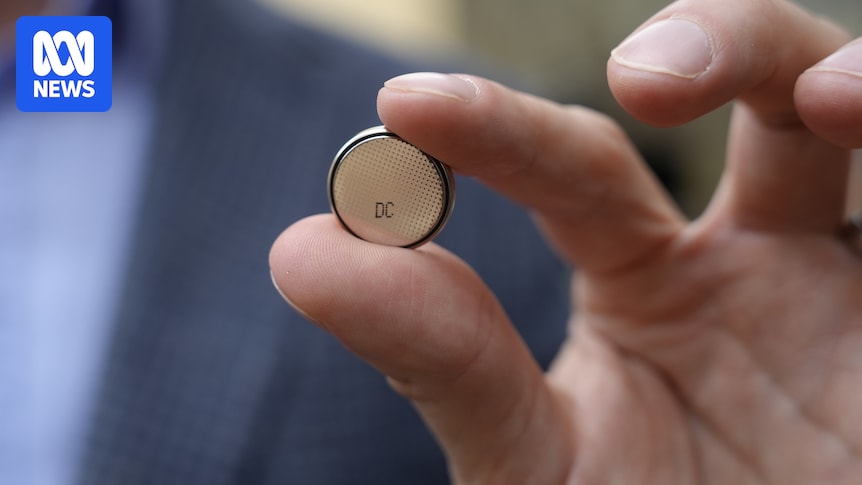Australian fashion retailer City Beach has been fined $14 million for selling “non-compliant button battery products”.
The Federal Court heard the retailer, owned by parent company Fewstone, admitted it had supplied products like toys, digital notepads, key rings and light-up Jibbitz accessories for Crocs shoes on more than 54,000 occasions between 2022 and 2024.
The Australian Competition and Consumer Commission (ACCC) started court proceedings against the retailer, arguing the products in question did not comply with mandatory button battery safety and information standards.
Button batteries are small, flat, circular batteries, commonly used in toys, remote controls and other small products.
If swallowed, they can cause severe internal burns and even death.
The ACCC said City Beach’s “pervasive failures” had put more than 50,000 young children at risk of severe injury or death.
“Button batteries pose a significant risk to children, and can be fatal,” ACCC commissioner Luke Woodward said.
“The ACCC will not hesitate to take strong enforcement action against businesses that fail to comply with the button battery standards.”
City Beach has issued a product recall on its website, saying: “Nothing is more important to us than the safety and trust of the people who shop with us.”
“We are deeply sorry for any worry or inconvenience this situation may cause you and your family.“
Anyone who purchased any of the listed products has been urged to stop using them immediately and return them for a full refund.
It was the first court proceeding brought by the ACCC for breaches of button safety standards.
